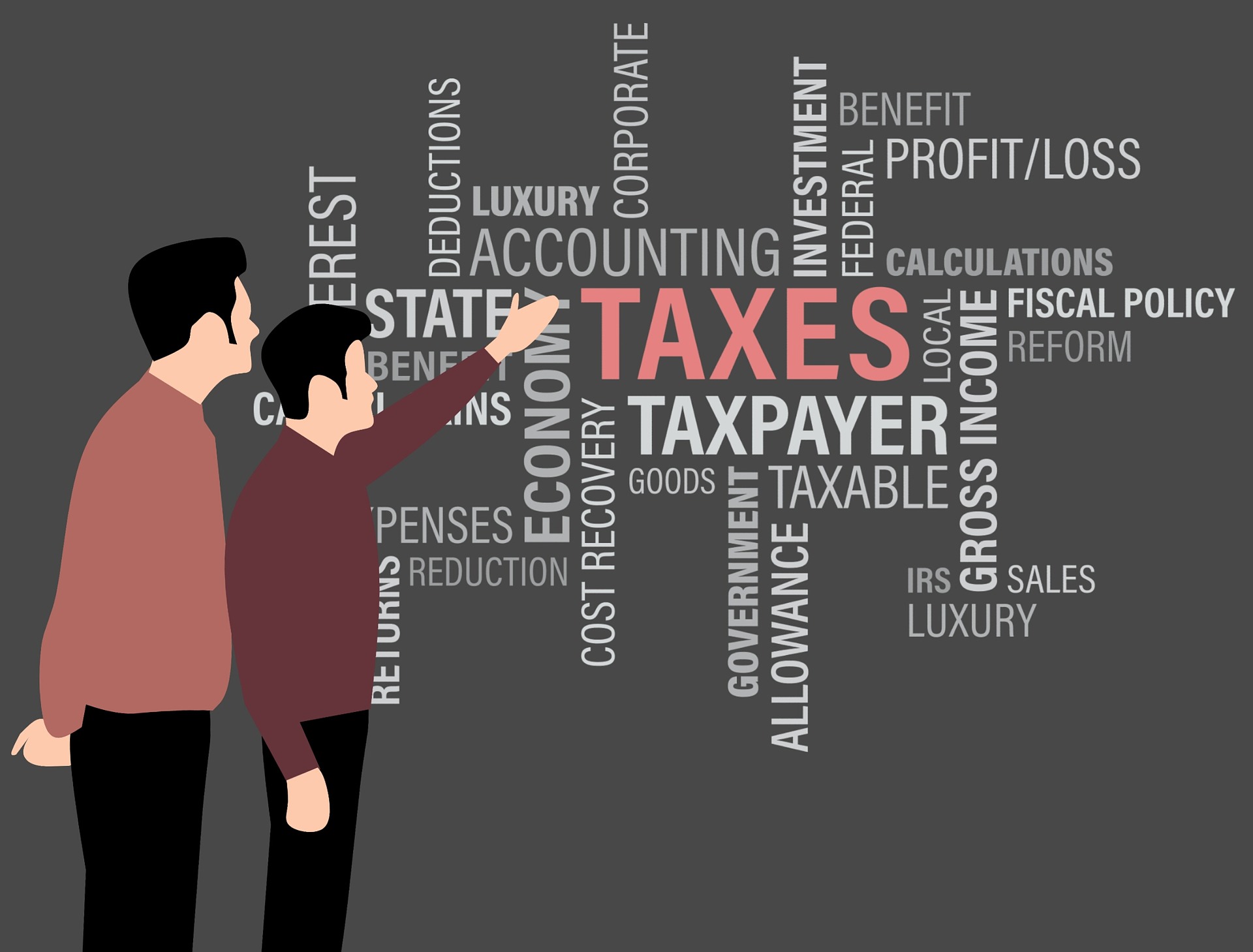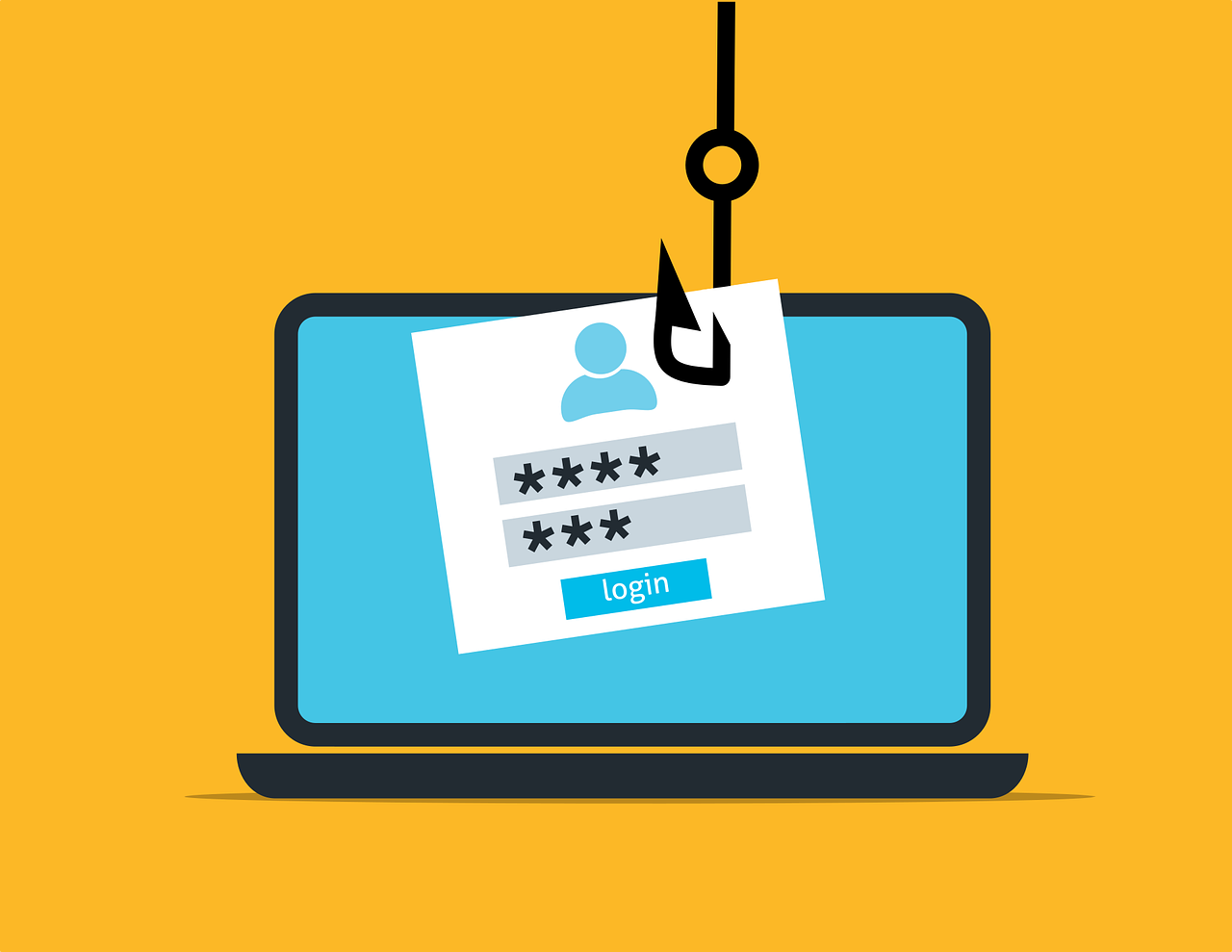Handling calls from the CRA can be an intimidating ordeal. You and other business owners are often afraid that managing these issues will take up time and energy away from your growing business. We’ve highlighted below a few practical tips you should use, if you’re ever in that situation.
Tips #1 – Know your rights
The Taxpayer Bill of Rights outlines what you can expect when dealing with the CRA as well as a guide listing and defining your rights as a Canadian taxpayer. Additionally, you have a Taxpayers’ Ombudsman that serves as an advocate. Its role is to oversee the CRA’s operations and ensure all taxpayers are treated fairly. If you feel you’ve been treated unfairly, you can complain to their office and they’ll investigate.
Tip # 2 – Be prepared
Prior to contacting the CRA, gather all pertinent documents and make sure they are organized. Make sure you have the following items are easily accessible:
- Income tax report
- Social Insurance Number (SIN)
- Business number
- GST registration number
- Any correspondence relevant to your request/complaint
Tip # 3 – Remain calm and be respectful
Addressing tax issues is nerve-racking, yet it is important that you remain polite, throughout the process. In most cases, the CRA agent is not responsible – or aware – of the situation you’re seeking help with. Try to respond to their inquiries in a courteous manner; they’ll understand your situation and provide the assistance you require.
Tip # 4 – Keep a record of all your interactions
Take detailed notes, including dates, of all your communications – written or verbal – with the CRA. For phone calls, keep a written summary of the conversation and information given. Safely keep all correspondence exchanged and maintain these communications records organized. In case of any dispute or inconsistent instructions, at a later date, they may be very useful,.
Tip # 5 – Always request for the phone agent to identify themselves
Every CRA agent is required to provide their information, upon request. Write down their first name, agent identification number and regional suffix. Having this information will not only reinforce the agent’s accountability, but also to validate the interaction itself as well as the advice provided at that time.











